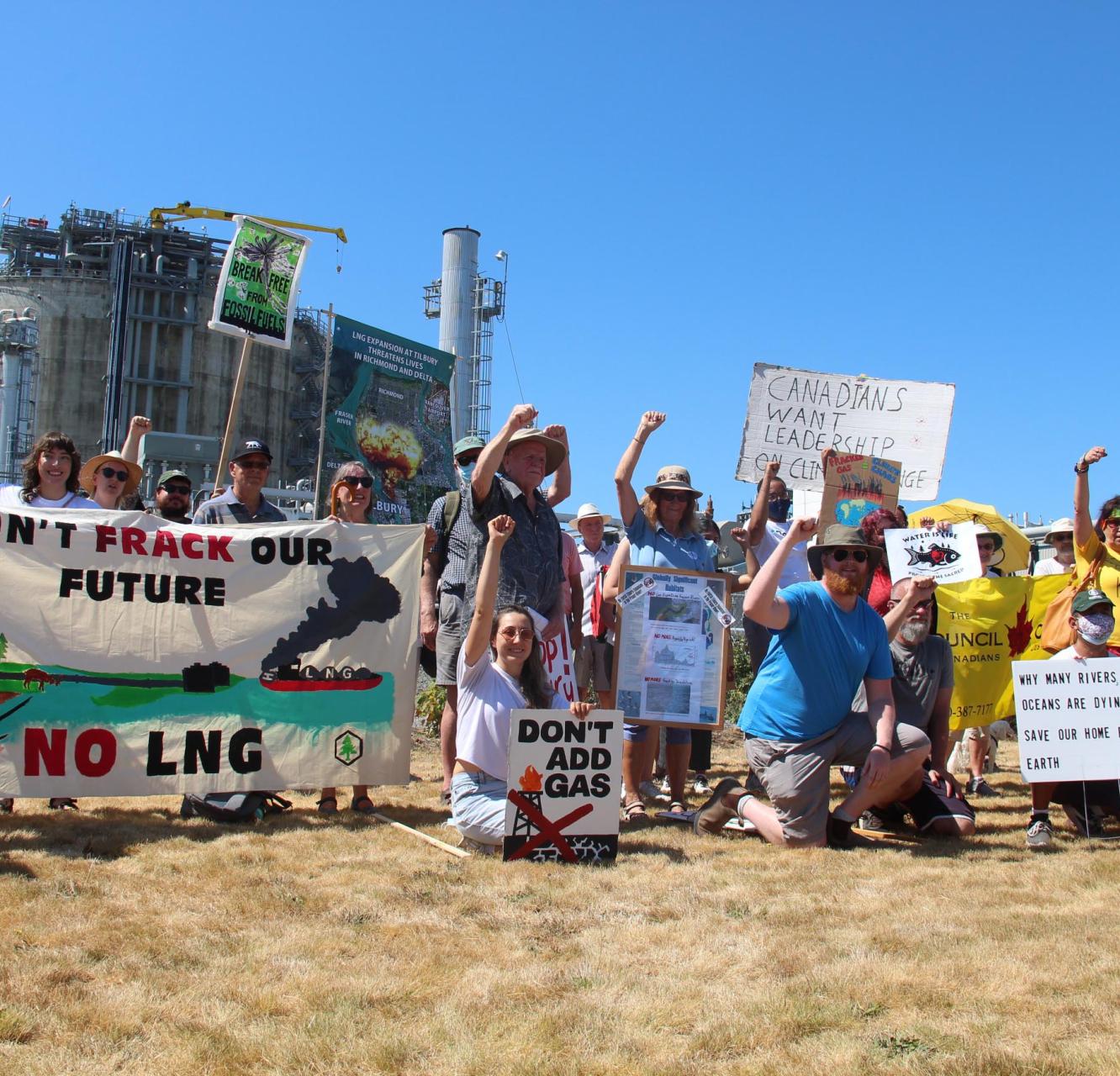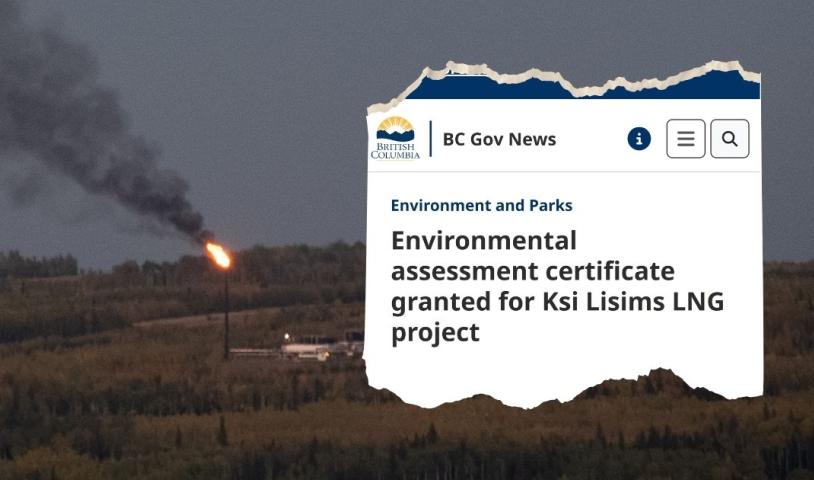FRACKING
Friday, April 12, 2013
The impacts of climate change are being felt around the world with glaciers amd sea ice melting, extreme droughts, intense storms and rising oceans. Now British Columbians are grappling with the rapid increase in shale gas development through a practice known as fracking, along with plans to build liquified natural gas plants in Kitimat and export the gas to Asia.
A forum on climate change and fracking is planned for 7 pm, April 9 at the United Church, hosted by KAIROS and Shuswap Environmental Action Society.
Joe Foy and Eoin Madden of the Vancouver-based Wilderness Committee will give presentatiuons at this event.
With deposits of conventional gas and oil dwindling, the industry is keen to develop less accessible deposits of 'tight oil and gas' using hydraulic fracturing or 'fracking'. This involves blasting millions of gallons of fracturing fluids, including sand, water, and toxic chemicals, into wellbores two miles deep that then angle or deviate horizontally another kilometer underground. The rock is broken up through use of extreme pressures.
Says Anne Morris of the co-sponsoring KAIROS-Salmon Arm, "The problem is that this fracking technology has grown so quickly there as been insufficient time to do the scientific study on its environmental and health impacts, or on the impact of the inevitable accidents."
"There is also concern that fracking causes chronic leaks of methane, a potent climate change driver. Many scientists believe rapid shale gas develpment will exacerbate global climate change and could tip the world in to climate chaos," says Jim Cooperman of SEAS.
"Over the past decade the practice of fracking has crept into the province and has gained a dangerous foothold without the people of BC having ever been asked if they wanted this highly polluting industry or not," explains Joe Foy of the Wilderness Committee. "It is time to turn a bright light on what is happening to fresh water resources and to the changing limate – while we still have the time and ability to act."
Climate change is already happening, and at a much faster rate than was expected. But a worst-case scenario can still be avoided if government leaders listen to the World Bank, the UN Energy Agency, and a coalition of the workld's largest investors who are calling for urgent action now to reduce greenhouse gas emissions.
Groundwater contamination caused by shale gas fracking operations is also a big concern. Nearly 1,000 cases of groundwater contamination have occured in the U.S., and scores of contaminaton problems have been reported in Alberta as well. This has led to a number of jurisdictions to ban or impose a moratorium on fracking.
The forum will be an opportunity for the public to learn more abut the controversial practice of fracking and the most recent informaton about climate change. Both of these topics are likely to be issues in the upcoming election, and all Shuswap MLA candidates will be invited to attend and be provided time to comment on these concerns.
Photo: Joe Foy and Eoin Madden of the Vancouver-based Wilderness Committee.




